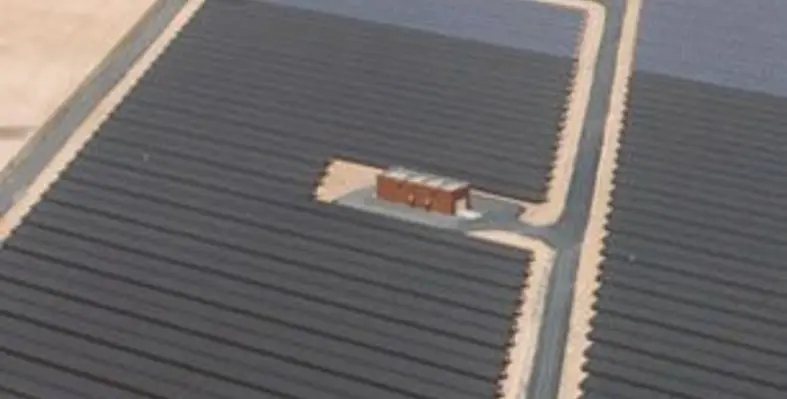US-based First Solar considers the Middle East as a key market for its solar technology and an area in which it is looking to expand its operations, especially in Saudi Arabia, according to the companys business development manager
Bessma Aljarbou, who leads First Solar?s business development activities in the Middle East, spoke to Technical Review about the state of the solar industry in the region and how the company is aiming to bring its integrated solar systems technologies to the area.
First Solar's main completed project in the region is its 5MW system at Masdar. It also has multiple test systems up and running throughout the region and a number of projects in development.
At the start of June the company joined the King Abdullah University of Science and Technology (KAUST) NEO testing and demonstration programme in Saudi Arabia, marking an important step for First Solar as it the gave the company the ability to showcase its solar capabilities in Saudi Arabia, which is seen as a very important market for the company.
"Saudi Arabia is naturally the largest market for solar power in the region, as it is the largest country, it has fast-growing energy demand, and it?s a country that?s taking a very hard, serious look at its energy and industrial profile," said Aljarbou.
First Solar is a leading global provider of comprehensive photovoltaic (PV) solar systems and Aljarbou believes that large-scale PV projects could really help the region meet growing domestic power demand.
"Large-scale PV projects are perfect for the Middle East. Maintenance is simple and doesn?t require water. In a region with year on year rising demand for electricity, PV can be deployed quickly and to any relatively flat location," noted Aljarbou.
One of the main reasons why the region has been focusing its attention more on the solar industry is due to the cost of generating solar electricity, which has reached competitive levels when compared with the true cost of oil-burning generation and peak gas generation.
Aljarbou said, "Solar is a viable alternative to existing generation sources and has the advantage of creating jobs in a region with high youth unemployment and reducing high levels of pollution."
The main hurdle to the uptake of solar power technology in the region is the fact that energy costs are highly subsidised to the point that the only entity feeling the pain of these subsidies could be the Ministry of Finance, rather than the controllers of the market, such as the utilities and electricity regulators.
Aljarbou feels that governments in the region need to develop and implement policies and frameworks that allow for the development of solar power plants and create incentives for the creation of local know-how and industry.
Aljarbou touched on the difficult economic environment that the global solar industry is facing, but said he believed that it was an important step in a maturing industry. First Solar has countered the downturn by diversifying its product, offering to include turnkey systems, trackers, and operation and maintenance services.
?We have also shifted our strategy to focus on sustainable markets where the cost of generating solar power is, or will soon will be, competitive with existing or new conventional power. This is why the Middle East is a key focus within the company,? Aljarbou concluded.
READ MORE...
Saudi Arabia's ACWA Power buys into PV solar plant in Bulgaria
Renewable energy growth to surge more than 40 per cent by 2017
First intercontinental solar plane lands in Morocco
Gulf power and water investments worth US$32.7 billion made in 2012







